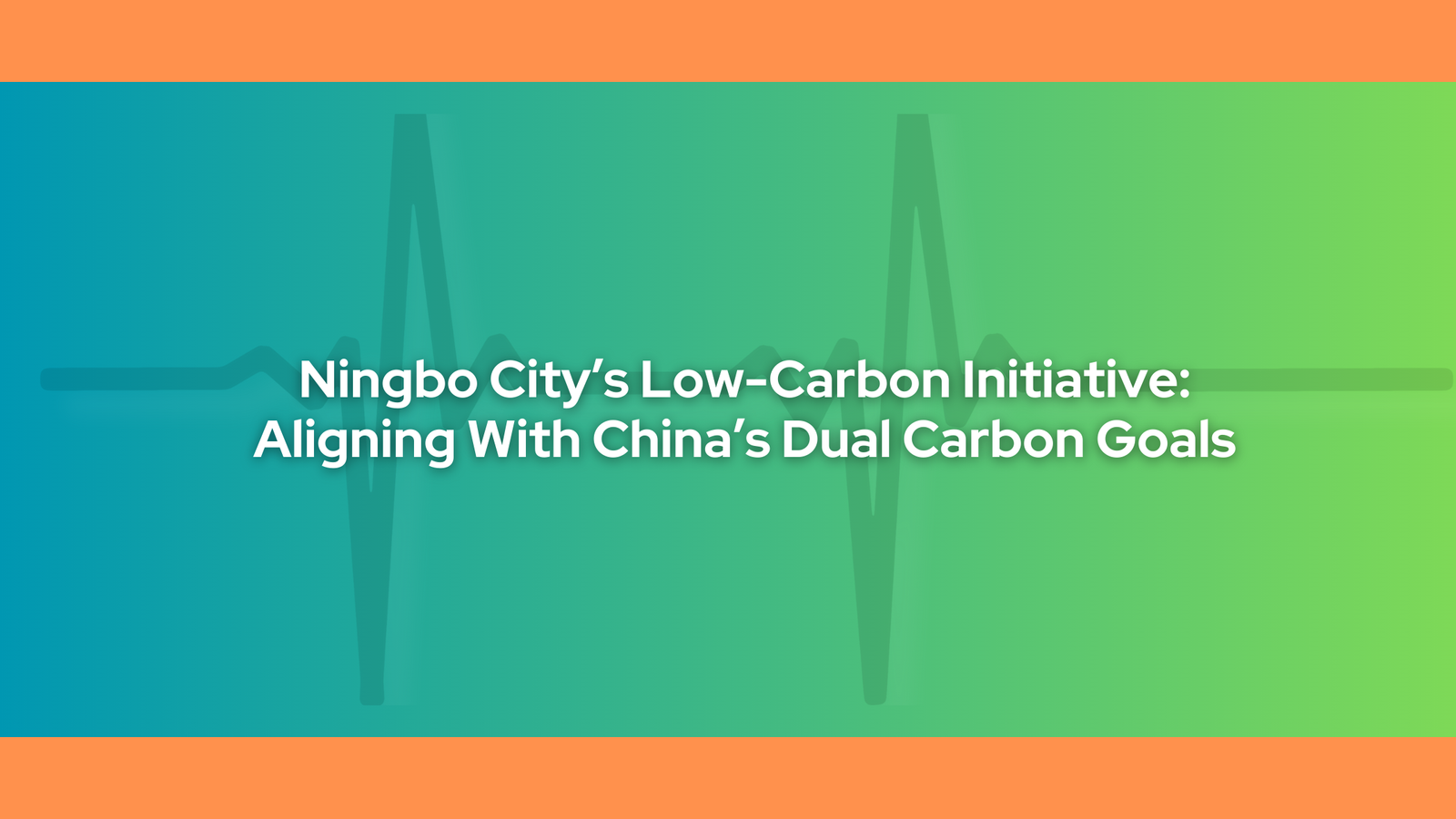
Sustainability has been a million-dollar word, embraced not only by environmental activists, but also by corporations, investors, and government projects in response to the prevalence of climate change awareness in the past decades. Sustainable procurement practices are becoming important as well, to promote green initiatives minimizing harmful environmental impact.
In the 20 countries accountable for 72% of global carbon dioxide emissions, a survey with 40,000 respondents was made. At least 75% believed that “climate change is an important problem” and actions, including sustainable procurement, should be taken to combat it.
Governments from different parts of the world have been introducing policies to mitigate climate change. These commitments are influencing institutional investors to consider risks related to climate change. However, less is known about how these measures would affect individual investors, who are vital in determining market dynamics.
China’s Ambitious “Dual Carbon” Goal
As the world’s biggest greenhouse gas (GHG) emitter, the People’s Republic of China (PRC) has set ambitious targets to peak its carbon emissions by 2030 and achieve carbon neutrality by 2060. Following this announcement, there has been an increase in climate risk awareness and a significant rise in individual net acquisitions of mutual funds with better environmental performances.
Yangtze River Delta, despite being responsible for 24% of PRC’s GDP in 2021, is also accountable for 21% of the nation’s main energy consumption. This region suffers from significant air pollution and GHG emissions due to its reliance on fossil fuels.
One of the competitive economic hubs in the Yangtze River Delta is Ningbo City, with a GDP of more than $200 billion in 2022. One of China’s major energy production and new materials bases, the city relies on fossil fuels for 98% of its energy needs from 2011 to 2020.
Ningbo Urban Green and Low-Carbon Development Project
A project aligned with China’s “dual carbon” goal has received a $ 200 million loan approval from the Asian Development Bank. The Ningbo Urban Green and Low-Carbon Development Project aims to support environmentally sustainable, low-carbon, and inclusive growth in Ningbo City.
Safdar Parvez, ADP Country Director for the PRC, stated that this project seeks to become a model for other “cities that have similar challenges of decoupling economic development from carbon emissions as Ningbo does.” He also said that this project strives to provide better air quality and public health for the 9.6 million residents of the city.
Additionally, the first project funded by ADB, strives to strengthen the institutional and financial capabilities of nearby commercial banks, micro and small businesses, and the municipal government in green financing and climate mitigation demonstrating principles from sustainable procurement. This approach ensures that investments and procurements expand beyond business practices’ environmental, economic, and social factors. Equity considerations, including geographical, procedural, intergenerational, and interspecies equity are all included in green procurement.
Initiative Approaches to GHG Reduction
This project hopes to reduce GHG emissions to 75,000 tons of carbon dioxide yearly. To achieve this, the initiative will showcase new approaches to decrease GHG emissions and enhance air quality. One method is a pilot program for a green guarantee and insurance system, making green finance easier and providing incentives for energy-saving initiatives.
Another is a platform for climate finance assisting small and micro businesses, energy service providers, and the latest low-carbon technologies. They aim to focus on female-led or owned enterprises, as well.
There will also be a digital platform for monitoring and optimizing energy usage and carbon emissions. A carbon rating system will make it easier to trade carbon emissions in the future, enable financial institutions to provide preference to environmentally conscious companies, and increase the amount of funding available to low-carbon private businesses.